In the fast-paced digital era, the way businesses connect with customers has completely transformed. Traditional marketing methods such as print advertisements, billboards, and television commercials are no longer enough to capture the attention of modern consumers. Instead, digital marketing has emerged as the most effective and powerful approach to building brand awareness, engaging audiences, and driving business growth. With billions of people using the internet every day, digital marketing has become not just an option but a necessity for organizations of all sizes.
The Shift Toward Online Platforms
Today’s consumers spend a significant amount of time online—scrolling through social media, searching for information on Google, reading blogs, watching videos, and shopping on e-commerce platforms. This shift in consumer behavior has forced businesses to prioritize their online presence. A brand without a strong digital footprint risks being invisible to potential customers.
Digital marketing ensures that businesses can reach audiences where they already spend their time. Whether through social media campaigns, search engine optimization (SEO), or email marketing, companies can engage with consumers in real time and across multiple devices. This accessibility allows brands to remain relevant and competitive in a rapidly evolving market.
Cost-Effective and Measurable Results
One of the strongest advantages of digital marketing over traditional advertising is its cost-effectiveness. Running a television commercial or a print ad can be expensive and often lacks measurable outcomes. In contrast, digital marketing campaigns can be launched with relatively modest budgets, and the return on investment (ROI) can be tracked in detail.
Through tools such as Google Analytics, businesses can analyze website traffic, user behavior, and conversion rates. Social media platforms also provide insights into audience engagement and campaign performance. This data-driven approach allows organizations to refine their strategies, allocate resources efficiently, and achieve better results without unnecessary spending.
Personalization and Customer Engagement
Modern consumers expect personalized experiences from the brands they interact with. Digital marketing enables companies to deliver tailored content, product recommendations, and targeted advertisements based on consumer preferences and online behavior. This level of personalization helps build stronger connections and fosters brand loyalty.
Moreover, digital marketing creates opportunities for two-way communication. Through social media, chatbots, or email, businesses can interact directly with customers, address concerns, and gather feedback. This real-time engagement not only improves customer satisfaction but also strengthens trust and credibility.
Reaching a Global Audience
Unlike traditional marketing, which is often limited to a specific geographic area, digital marketing breaks down barriers and enables businesses to connect with a global audience. A small startup in one part of the world can sell its products to customers thousands of miles away through e-commerce platforms and digital advertising.
This global reach is particularly important in today’s interconnected economy, where consumers are open to exploring products and services from different cultures and regions. By leveraging digital channels, businesses can expand their market share and tap into opportunities that would have been unimaginable a few decades ago.
Adapting to Consumer Behavior
Another reason digital marketing is more important than ever is its ability to adapt to changing consumer trends. With the rise of mobile devices, for example, businesses must ensure their websites and campaigns are mobile-friendly. Video marketing, influencer collaborations, and voice search optimization are other growing trends that reflect evolving consumer habits.
Companies that invest in digital marketing are better equipped to stay ahead of these changes. By monitoring industry developments and consumer insights, businesses can quickly adjust their strategies to remain relevant and competitive.
Building Brand Authority
In today’s information-rich environment, consumers often research before making a purchase. They read online reviews, compare competitors, and look for trusted sources. Digital marketing provides businesses with platforms to showcase expertise and build authority within their industry.
Publishing blogs, case studies, whitepapers, and informative content not only helps educate customers but also positions a brand as a thought leader. When consumers see consistent and valuable information from a company, they are more likely to trust its products or services.
Future of Digital Marketing
As technology continues to advance, digital marketing will only become more significant. Artificial intelligence, data analytics, and automation are already shaping the future of customer engagement. Personalized chatbots, predictive marketing, and immersive experiences through augmented reality are examples of how digital marketing is evolving.
Businesses that embrace these innovations early will gain a competitive advantage. The future belongs to organizations that combine creativity with data-driven strategies to deliver seamless, customer-focused digital experiences.
Conclusion
In today’s world, digital marketing is not just important—it is essential. It allows businesses to connect with a vast and diverse audience, measure their success, personalize customer experiences, and adapt to ever-changing consumer behavior. From cost efficiency to global reach, the benefits of digital marketing are undeniable.
As competition intensifies and consumer expectations rise, companies that neglect digital marketing risk falling behind. On the other hand, businesses that invest in strong digital strategies will not only survive but thrive in this modern marketplace. The message is clear: in today’s interconnected world, digital marketing is more important than ever.


